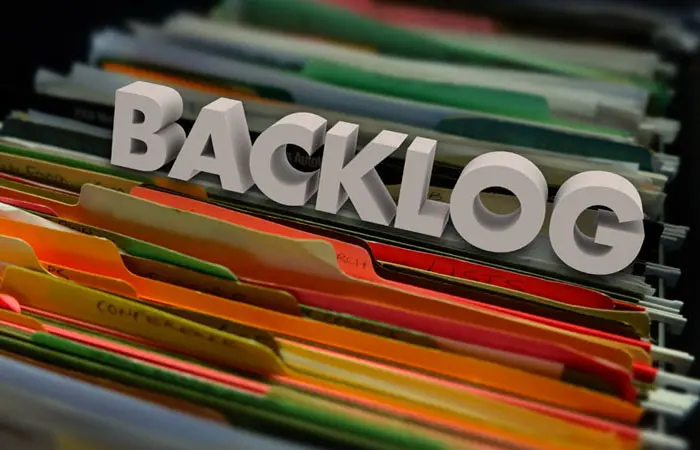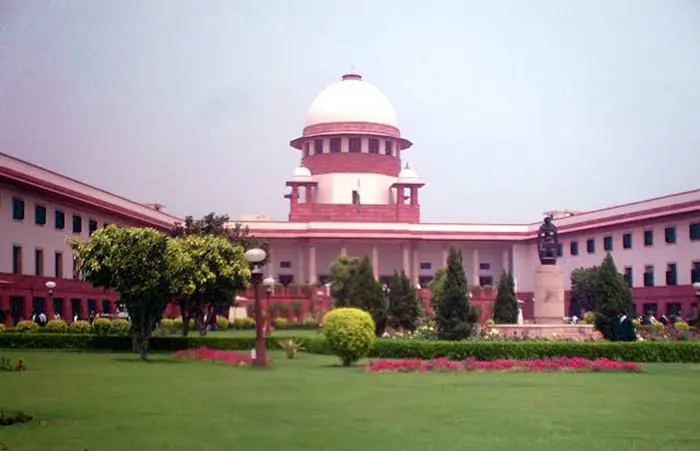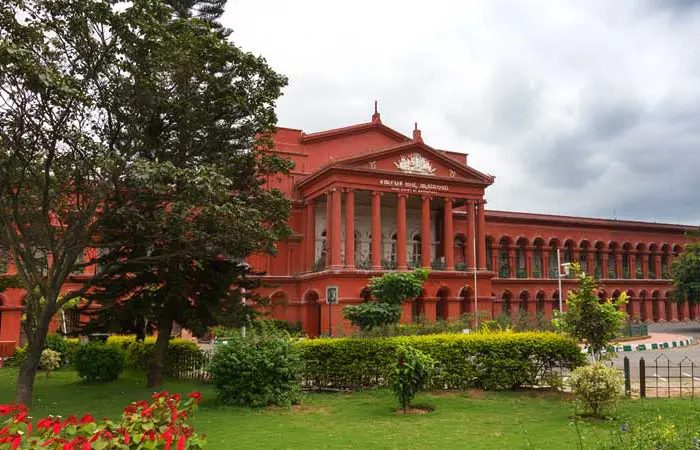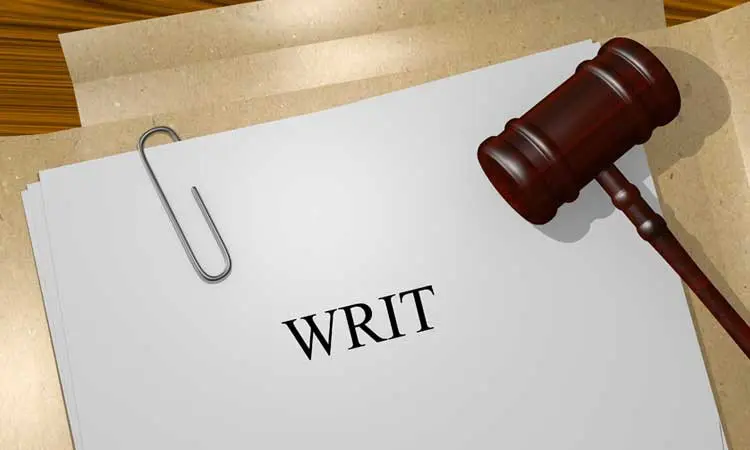Similar to DAKSH’s ongoing Access to Justice survey, there have been surveys conducted in various countries focusing on different aspects of the judicial system and in particular the public’s perception of the judiciary.

News and Blogs
Have the number of cases filed in courts gone up so substantially as to be the main reason for the backlog of cases in courts? In the opinion of Justice Gopala Gowda, that is indeed so.
Unless you’ve been in hiding, you’ll know that yesterday, Salman Khan was cleared of all charges in the 2002 hit-and-run case, where he was the accused. Last night, on the DAKSH blog, Harish wrote a piece on the questions that the quick disposal of Salman’s case raises about the functioning of our judicial system.
The Bombay High Court has today given its verdict in Salman Khan’s appeal. A lower court had found him guilty in a hit-and-run case. The High Court took just over 7 months to decide this appeal.
The debate on the ‘collegium system’ of judges’ appointment needs to move towards discussing what quantitative metrics should be used rather than whether it should be adopted at all.
For the last year, our work at Daksh has been data, data and some more data to do with the judiciary and its performance. We verify the data, we analyse it, and work towards creating technologies and interfaces to enable us to dig deeper into the judicial system and understand pendency.
Recent developments seeking to set up fast track commercial courts are a good example of how our judicial reform process is hampered by lack of relevant data and clear reasoning.
It’s been a while since we’ve taken a close look at our ever-growing data, and we’re back with a small analysis of the Karnataka High Court.
It’s been a couple of weeks since I wrote the introductory piece to this post, a ready reckoner to the right to constitutional remedies under the Indian constitution.
Numbers. You wouldn’t think that we lawyers have much to do with them. You’d be surprised. As an Indian lawyer, I can safely say there is a string of numbers drilled so deep into my brain, I couldn’t forget them if I tried. They are an odd jumble of facts and figures. Sometimes they are years, for instance 1872 – the year the Indian Contract Act came into existence.
In the Bible, when Moses and Aaron demand that the Pharoah free the Jewish people living in Egypt, Pharaoh not only refuses but imposes a cruel and perverse rule upon the Jewish workers: they must now meet their daily output of bricks without the daily supply of straw (a key binding agent for bricks) by the Egyptian rulers.
I read today that months and months after unsuccessful attempts by the ruling party in the Parliament to push the ordinance on the land acquisition act, the Prime Minister has announced that it will be dropped.

-
Rule of Law ProjectRule of Law Project
-
Access to Justice SurveyAccess to Justice Survey
-
BlogBlog
-
Contact UsContact Us
-
Statistics and ReportsStatistics and Reports
© 2021 DAKSH India. All rights reserved
Powered by Oy Media Solutions
Designed by GGWP Design











